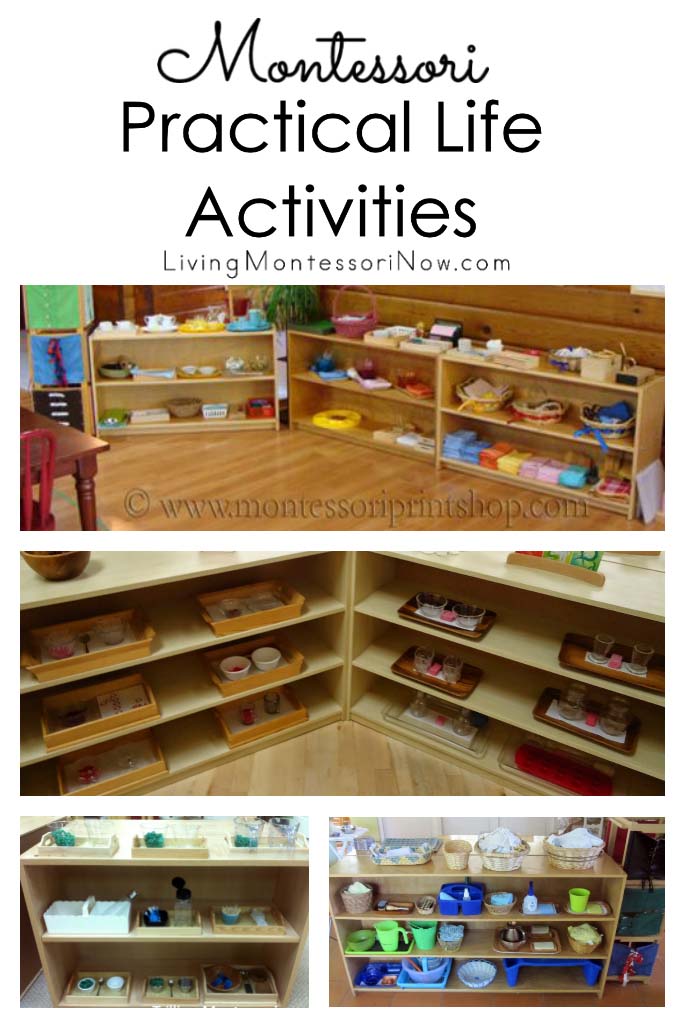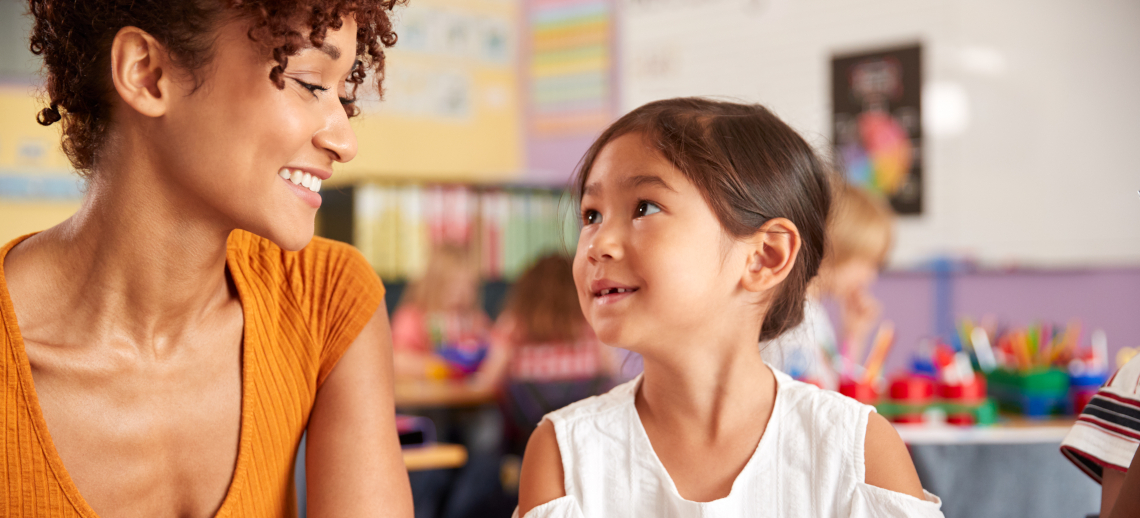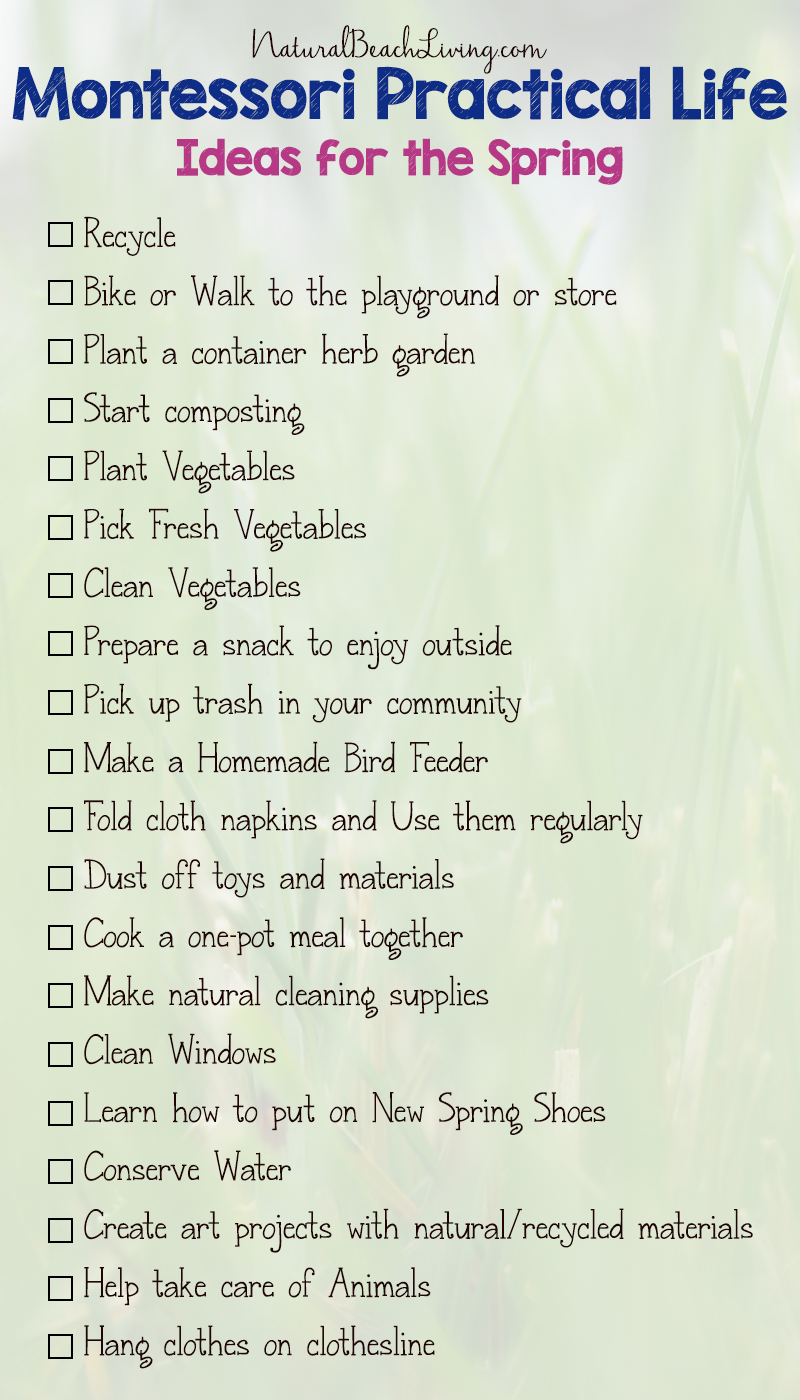
Everyday Wisdom Unleashed: Embracing Practical Life Experiences
In the dynamic realm of education, the incorporation of practical life experiences stands as a transformative approach, fostering holistic learning and essential life skills. This exploration delves into the significance of practical life experiences, their role in shaping well-rounded individuals, and the enduring impact they have on a learner’s journey.
The Essence of Practical Life Education
Practical life education, rooted in the Montessori philosophy, centers around the belief that everyday tasks hold profound educational value. From pouring liquids to folding clothes, these seemingly mundane activities are purposefully designed to cultivate skills such as concentration, coordination, independence, and a sense of responsibility. Practical life experiences create a bridge between the classroom and real-world application, offering valuable lessons that extend far beyond academic knowledge.
Developing Fine and Gross Motor Skills: Pouring, Spooning, and More
The activities within practical life experiences serve as a foundation for developing both fine and gross motor skills. Pouring activities, where children transfer liquids from one container to another, refine hand-eye coordination and precision. Spooning activities enhance fine motor control. These seemingly simple tasks lay the groundwork for future academic success while simultaneously honing essential motor skills required in daily life.
Promoting Independence and Responsibility: Setting the Table and Care of Environment
One of the core principles of practical life education is fostering independence. Activities like setting the table or arranging flowers provide opportunities for children to take responsibility for their immediate environment. This sense of ownership instills a foundation of self-sufficiency and a respect for the shared spaces they inhabit. Practical life experiences empower children to contribute meaningfully to their surroundings.
Cultivating Concentration: Carefully Arranging and Organizing
Practical life experiences require careful attention to detail, promoting the development of concentration. Whether it’s arranging flowers or organizing materials, these activities demand focus and mindfulness. The ability to concentrate on a task is a skill that extends beyond the classroom, proving valuable in academic pursuits and various aspects of life.
Building Social Skills: Grace and Courtesy Exercises
Practical life experiences are also powerful tools for building essential social skills. Grace and courtesy exercises, such as greeting others or taking turns, foster positive social interactions. These activities lay the groundwork for effective communication, empathy, and cooperation—skills that are fundamental for success in both personal and professional spheres.
Transferring Learning to Real-World Scenarios: Cooking and Cleaning
The beauty of practical life experiences lies in their direct application to real-world scenarios. Cooking activities, for instance, introduce children to concepts of measurement, following instructions, and collaboration. Cleaning activities teach responsibility and the importance of maintaining a tidy environment. These hands-on tasks bridge the gap between theoretical knowledge and practical application, enhancing the relevance of education.
Encouraging Problem-Solving: Care of Self and Others
Practical life experiences often involve problem-solving. Care of self activities, such as dressing or personal hygiene, require children to troubleshoot challenges independently. Care of others activities, like assisting a classmate, encourage empathy and collaboration. These problem-solving experiences contribute to the development of resilience and adaptability.
Connecting to Nature: Gardening and Outdoor Exploration
Practical life experiences extend beyond the confines of indoor spaces. Gardening activities and outdoor exploration connect children to nature, instilling an appreciation for the environment. Understanding the growth cycle of plants, observing insects, and participating in outdoor activities contribute to a well-rounded education that encompasses ecological awareness.
Practical Life Experiences: A Link to Lifelong Learning
For those interested in exploring and implementing practical life experiences, Practical Life Experiences serves as a valuable resource. This platform offers insights, courses, and practical tools designed to support educators, parents, and anyone passionate about fostering holistic learning through everyday activities. Explore the link between practical life experiences and the transformative impact they can have on a learner’s journey.
Conclusion: Nurturing Well-Rounded Individuals
In conclusion, practical life experiences play a pivotal role in nurturing well-rounded individuals. By integrating everyday tasks into the educational journey, educators and parents alike provide learners with a foundation of essential life skills. Practical life experiences not only contribute to academic success but also lay the groundwork for responsible, independent, and socially adept individuals. Embrace the principles of practical life education, and witness the transformation as learners embark on a journey enriched with everyday wisdom and lifelong skills.




